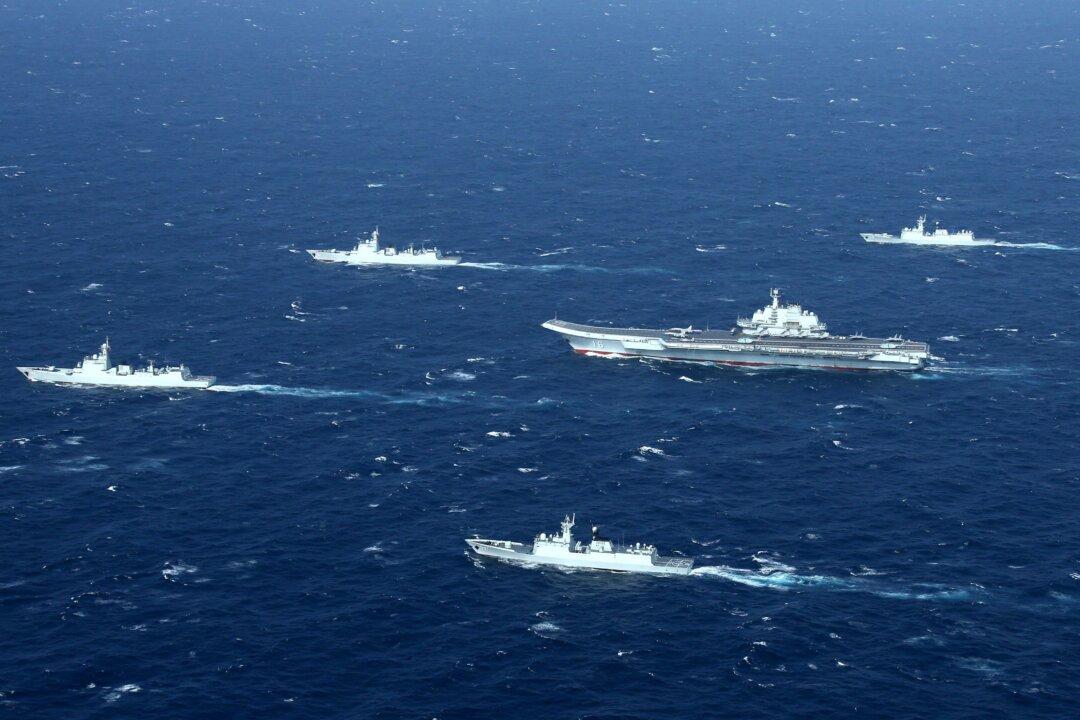Commentary
Several news outlets announced on June 13 that Chinese leader Xi Jinping had signed an order to implement rules on military operations other than war (MOOTW), consisting of 59 articles in six chapters.

Several news outlets announced on June 13 that Chinese leader Xi Jinping had signed an order to implement rules on military operations other than war (MOOTW), consisting of 59 articles in six chapters.